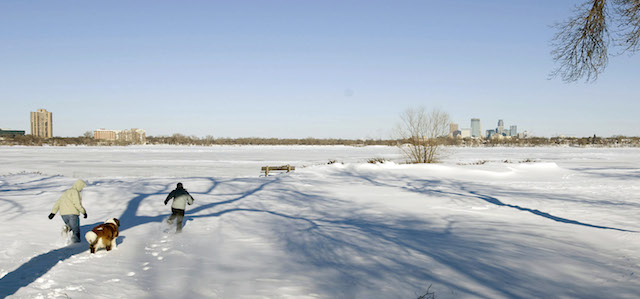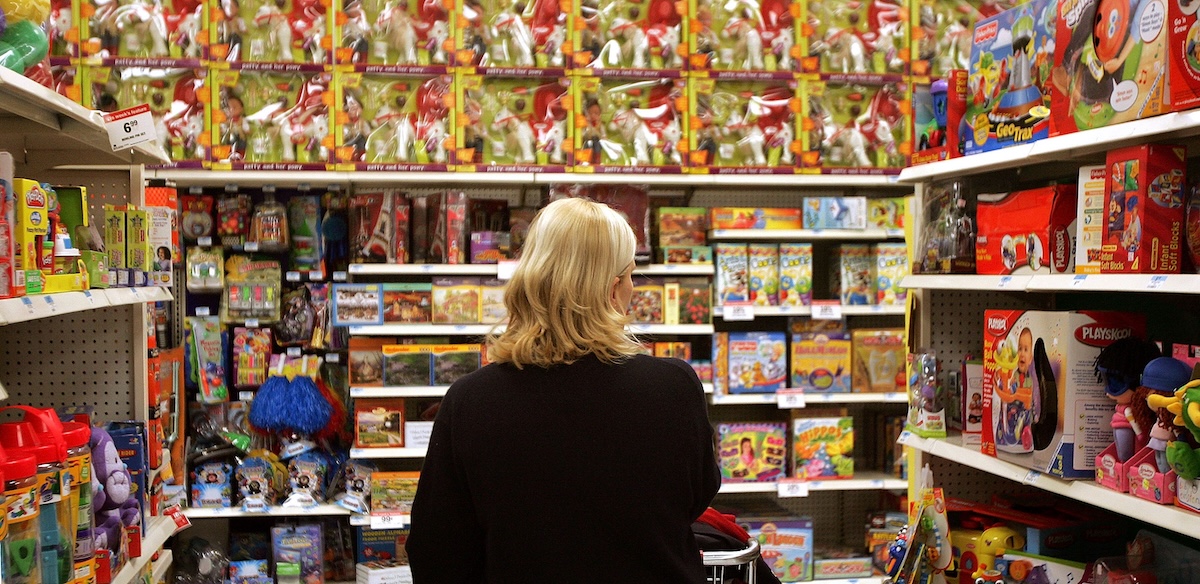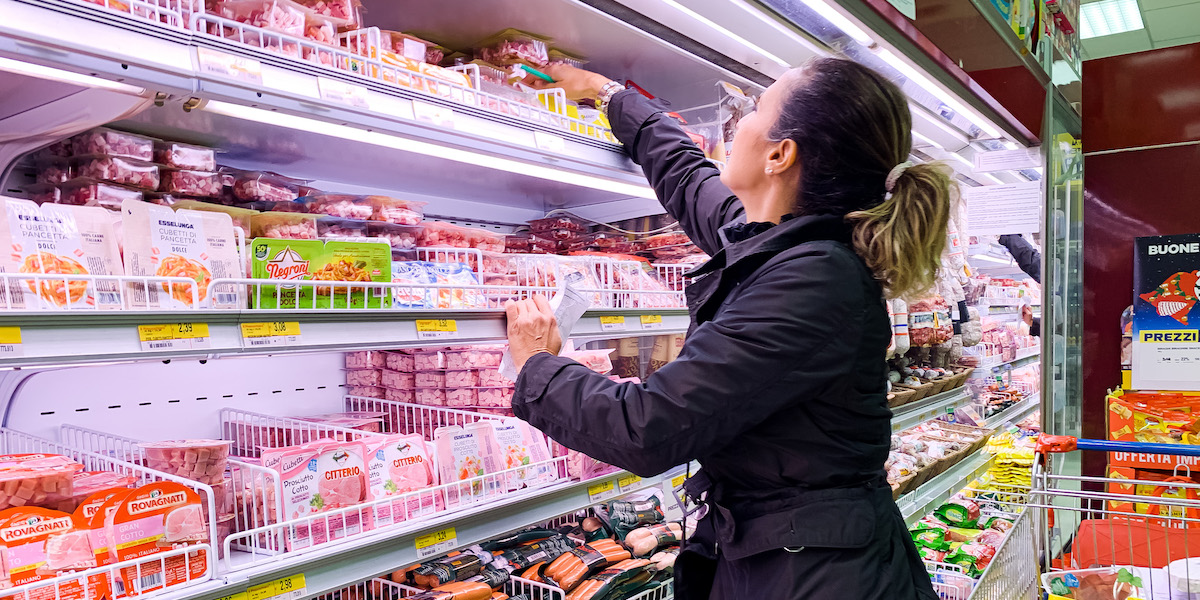I lunghi inverni del Midwest

«One of my most vivid memories is of coming back West from prep school and later from college at Christmas time. Those who went farther than Chicago would gather in the old dim Union Station at six o’clock of a December evening, with a few Chicago friends, already caught up into their own holiday gayeties, to bid them a hasty good-by. I remember the fur coats of the girls returning from Miss This-or-that’s and the chatter of frozen breath and the hands waving overhead as we caught sight of old acquaintances, and the matchings of invitations: “Are you going to the Ordways’? the Herseys’? the Schultzes’?” and the long green tickets clasped tight in our gloved hands. And last the murky yellow cars of the Chicago, Milwaukee and St. Paul railroad looking cheerful as Christmas itself on the tracks beside the gate.
When we pulled out into the winter night and the real snow, our snow, began to stretch out beside us and twinkle against the windows, and the dim lights of small Wisconsin stations moved by, a sharp wild brace came suddenly into the air. We drew in deep breaths of it as we walked back from dinner through the cold vestibules, unutterably aware of our identity with this country for one strange hour, before we melted indistinguishably into it again.
That’s my Middle West — not the wheat or the prairies or the lost Swede towns, but the thrilling returning trains of my youth, and the street lamps and sleigh bells in the frosty dark and the shadows of holly wreaths thrown by lighted windows on the snow. I am part of that, a little solemn with the feel of those long winters, a little complacent from growing up in the Carraway house in a city where dwellings are still called through decades by a family’s name».
«Uno dei miei ricordi più vividi è il ritorno nel West a Natale, al tempo dei corsi preparatori e più tardi del college. Coloro che proseguivano oltre Chicago si riunivano nella vecchia semibuia Union Station alle sei di una sera di dicembre con pochi amici di Chicago, già animati dalla gaiezza delle vacanze, per dar loro un frettoloso saluto.
Ricordo le pellicce delle ragazze di ritorno da Miss Questa o Quella, le chiacchiere col fiato gelato, le mani che si agitavano in alto quando si scorgevano vecchie conoscenze, la gara sugli inviti: “Vai dagli Ordway? Dagli Hersey? Dagli Schultz?” e i lunghi biglietti verdi tenuti stretti nelle nostre mani guantate. E alla fine le fumose carrozze gialle della linea Chicago, Milwaukee-St. Paul che parevano allegre quanto il Natale stesso, sui binari di fianco al varco.Quando ci inoltravamo nella notte invernale e la vera neve, la nostra neve, cominciava ad accumularsi di fianco e a brillare contro i finestrini, sfilavano via le fioche luci delle stazioni del Wisconsin e s’avvertiva d’un tratto una forza tonificante, selvaggia, nell’aria. Ne respiravamo a pieni polmoni mentre tornavamo dalla carrozza ristorante, attraversando le fredde connessioni tra un vagone e l’altro, inspiegabilmente consci della nostra identità con quella regione, per un’ora unica, prima di fonderci nuovamente in maniera indistinta con essa.
Questo è il mio Middle West: non il frumento o le praterie o le perdute città svedesi, ma il tintinnare del treno del ritorno della mia giovinezza, i lampioni delle strade, le campanelle delle slitte nell’oscurità ghiacciata e le ombre delle corone di agrifoglio proiettate sulla neve dalle finestre illuminate. Son parte di ciò, a tratti solenne per le sensazioni di quei lunghi inverni, a tratti compiacente per essere venuto su nella casa dei Carraway in una città in cui le dimore continuano a essere chiamate, attraverso i decenni, col nome delle famiglie».
Il Grande Gatsby di Francis Scott Fitzgerald, 1925, nella traduzione di Ferruccio Russo. Il libro si può leggere gratuitamente in italiano qui, e in lingua originale – con note a fianco – qui.
Foto: Minneapolis, Minnesota (Tom Dahlin/Getty Images)


